The United States is the only superpower in the world capable of creating regional conflicts or unilaterally waging wars.
In the Russia-Ukraine conflict, the explicit goal of the U.S. is to cut the economic bond between Russia and Europe, paralyze Russia's foreign economic contact channel, break Russia's international financial lifeline, grab excess profits at the pan-European market with lower costs and lead the flow of global capital to the U.S.. But its underlying strategic goal is to deepen other countries' dependence on the U.S.-led economic and financial order and prolong the cycle of U.S. dollar hegemony.
As we all know, though it still the world's largest economy the U.S. is no longer as powerful as it once was. In 1945, it accounted for 45 percent of the global economy and 59 percent of the world's gold reserves, and 77 years later, it remains the world's largest economy and the largest holder of global gold reserves, but has become a debt-ridden super-economy. According to data released by the U.S. Treasury Department on Feb 1, the U.S. national debt topped $30 trillion for the first time, hitting a record high, and on March 15, it hit $30.3 trillion, meaning an additional debt of $300 billion was generated in only a month and a half.
On the other hand, the consumer price index rose 7.9 percent year-on-year in February, its highest level since 1982. This led the Federal Reserve to start a cycle of interest rate hikes on March 16. As for the Joe Biden administration's ambitious $1.9 trillion economic rescue plan and its $2.59 trillion "Build Back Better World" proposal, both are deficit-based programs that will create significant inflation expectations and debt burdens.
The U.S. government today needs more money than ever before. In this context, the Biden administration has completely withdrawn U.S. troops from Afghanistan under intense pressure, formally ending the U.S. military presence in the country after 20 years. In addition to the strategic shift, an important economic consideration of the move is to get rid of the burden of the Afghan war that consumed $50 billion a year on average.
Anyone familiar with U.S. affairs knows war is big business. In fact, shortly after its military withdrawal from Afghanistan, the U.S. signed an upgraded charter for U.S.-Ukraine strategic cooperation on Nov 10, deepening bilateral cooperation in the fields of politics, security, defense, development, economy, energy, education and culture, and binding Ukraine to the U.S.' geopolitical strategic chess game. In a recent article for The Economist, John Mearsheimer, a professor of political science at the University of Chicago, pointed out the move was one of the fuses that triggered the Russia-Ukraine crisis.
The U.S. military-industrial complex and financial conglomerates must have been very excited when the war began. Indeed, in the wake of the crisis, Germany decided to buy American fighter jets and announced an extra 100 billion euros in special budget to accelerate its defense modernization. A significant portion of the massive spending is expected to go to giant contractors such as Lockheed Martin, Raytheon, General Dynamics, Boeing and Northrop Grumman.
After the Russia-Ukraine conflict broke out, the U.S. immediately started its institutionalized hegemonic machine to strangle Russia's economic and financial interests. It first joined with major allies to impose economic and financial sanctions on Russia to paralyze its external economic links, interrupt Russia's international financial lifeline and clear the way for low-cost "legal robbery" of Russian assets. Shortly after the conflict, the U.S. and G7 countries excluded some Russian banks from the Society for Worldwide Interbank Financial Telecommunication and froze the assets of Russia's central bank and banned transactions with it.
Restrictions were also put on Russia's ability to conduct business transactions in common currencies of foreign exchange. After that, Russia was forced to close its stock market and assets abroad, and listed companies were looted by global financial barons. For example, London-listed Sberbank was forced to close a position on March 2, with share prices plunging 95 percent to $0.045 a share from its peak of $21.63, a loss of $110 billion in market value in a single day leaving it with just $243 million. At the same time, a secretive group of financial institutions from Wall Street, exempt from sanctions, bought nearly 40 percent of the bank at a mere 0.02 discount to net assets, with less than $100 million. That means Wall Street financial magnates could make hundreds of billions of dollars if sanctions are lifted.
Second, the U.S. has tried to cut the economic bond between Russia and Europe to intensify Europe's economic dependence on the U.S.. Since the sanctions took effect, global depositary receipts of Russian companies have plunged more than 95 percent before trading was suspended, and global investors in companies listed outside Russia, most of them European financial institutions, have suffered huge losses. U.S. and British financial capital subsequently took part in a round of bargain hunting. European companies doing business in Russia have lost more than $100 billion in market value in the past month.
In addition, the German government has suspended approval for the Nord Stream 2 natural gas pipeline project and the U.S. and Britain have banned imports of Russian oil. Uncertainty over future supply has led to soaring oil and gas prices in the international market, increasing the suffering of the European people. While countries such as Germany and France were caught between seeking to end their dependence on Russian energy and taking action to cushion the blow of high energy prices, the U.S. launched a joint action "aimed at strengthening European energy security and reducing Europe's dependence on Russian oil and gas" ostensibly to relieve Europe's worries. But in fact, it took the opportunity to export American liquefied natural gas to Europe at a high price. According to Reuters, U.S. exporters' shipments of liquefied natural gas to Europe have been running at record highs for three consecutive months, with prices rising more than 10 times over what they were a year ago.
Third, the U.S. has continued to create tension in the international financial market and encourage international capital to flow from Europe to the U.S. through interest rate hikes. After the Russia-Ukraine conflict the U.S. launched fierce financial sanctions to freeze Russia's central bank's $300 billion foreign exchange reserves, causing the ruble exchange rate against the dollar to be instantly halved and the inflation rate to soar. The Russian central bank was forced to raise the interest rate to 20 percent.
At the same time, the three major rating agencies, following a series of sharp downgrades of the credit rating of Russian companies, have recently cancelled the credit rating of Russia's sovereign debt and all companies in response to the European Union's fourth round of sanctions against Russia. This is equal to the direct blocking of the financing channel of the Russian government and enterprises at the international financial market. It was also at this time the U.S. started the cycle of interest rate hikes under the pretext of fighting inflation, and revealed it would drastically shrink the Fed's balance sheet.
At a time of uncertainty in global markets, the Fed's rate hikes clearly signal U.S. confidence in the endogenous growth momentum of its economic system and send a strong message to other economies the U.S. still dominates. While promoting the stability of the U.S. financial market, the accelerated flow of global capital to the U.S. will further prolong the cycle of the U.S.' dollar hegemony.












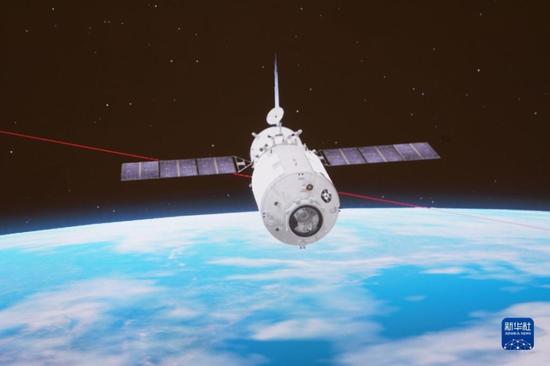

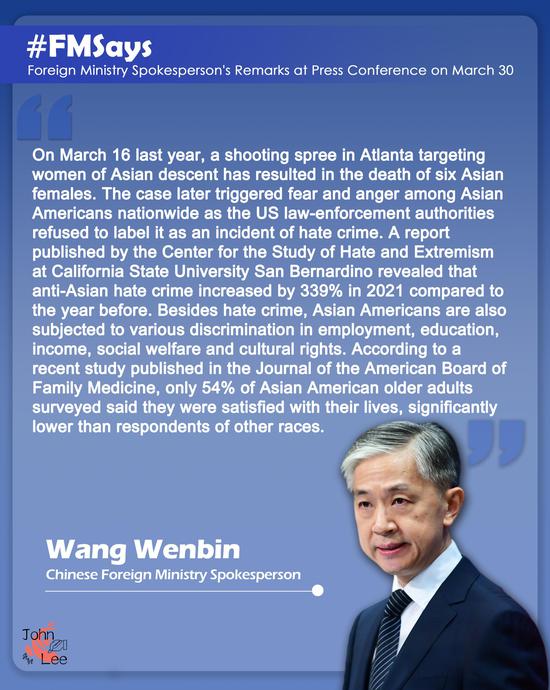






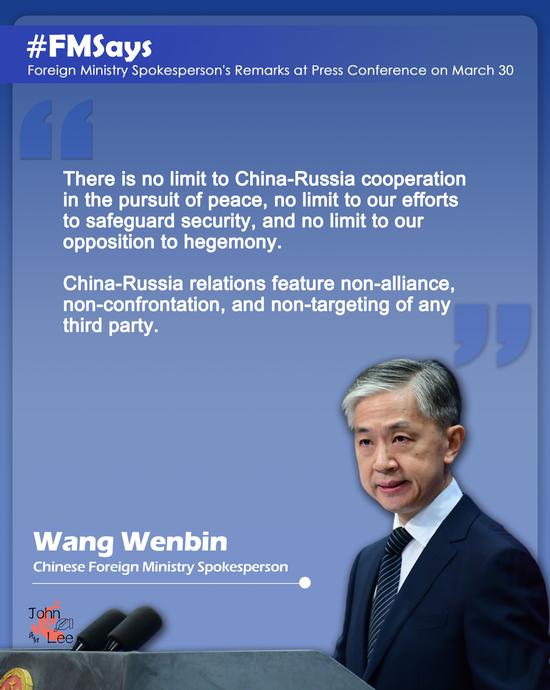


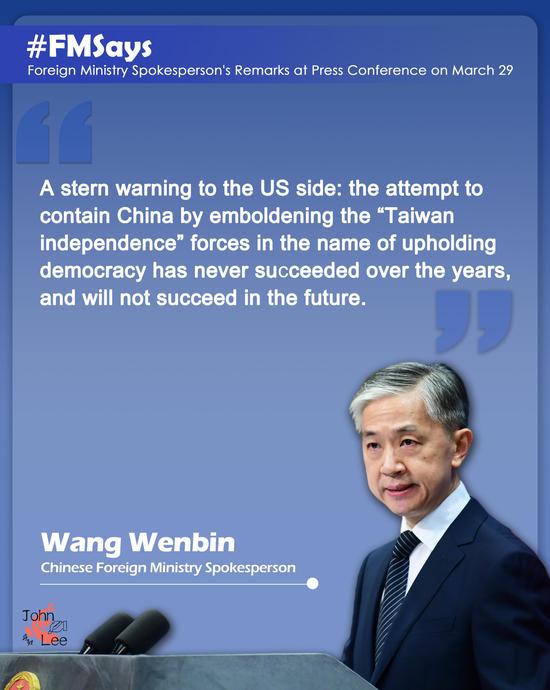
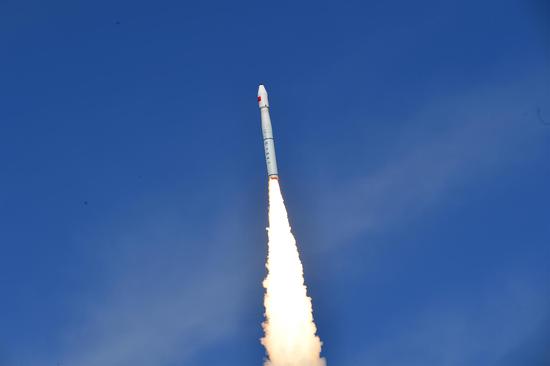




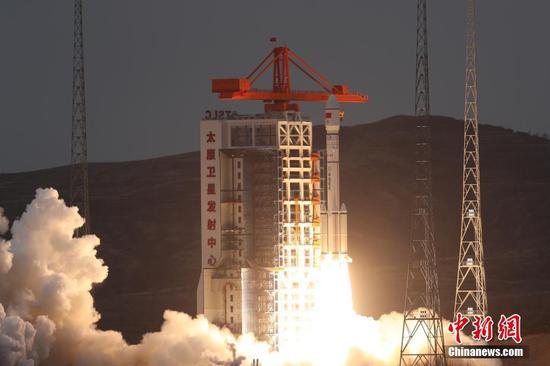





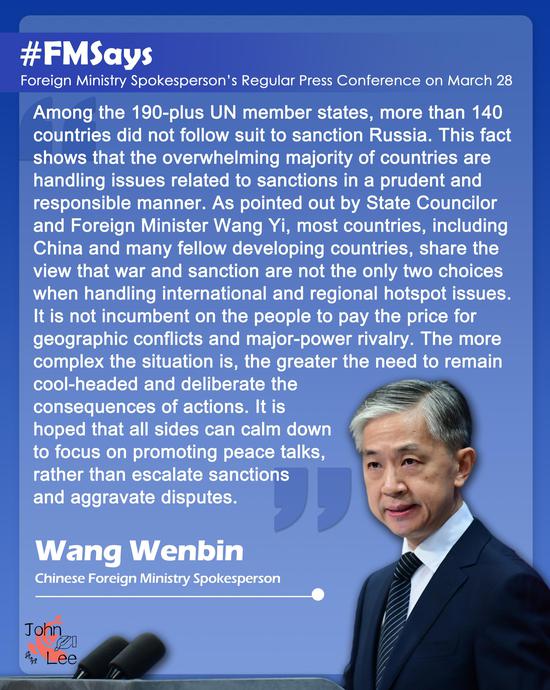
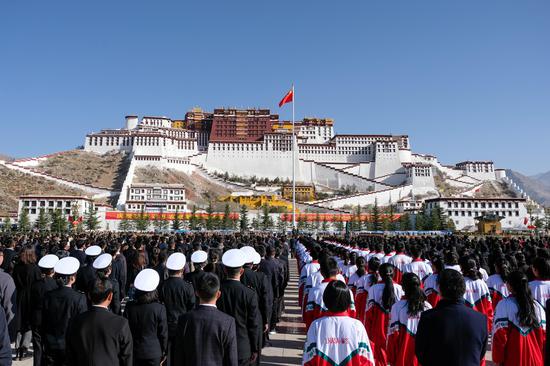

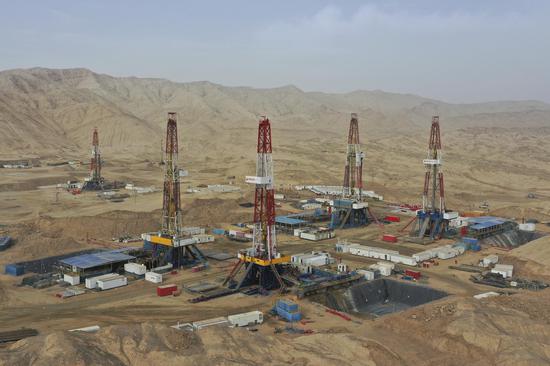










 京公网安备 11010202009201号
京公网安备 11010202009201号